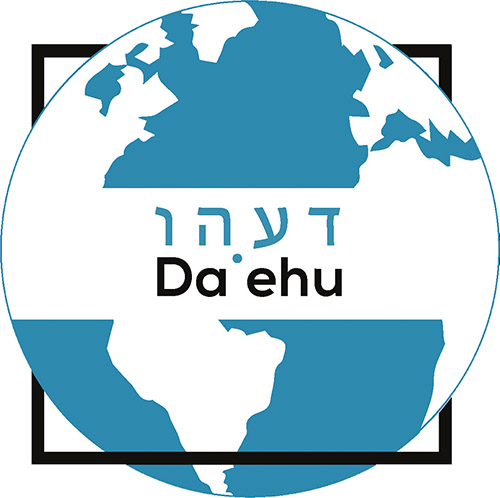
(Courtesy of Da’ehu) In the previous article, we discussed some of the advantages inherent in the basic classroom structure of Da’ehu Montessori. Da’ehu will ultimately be a very small, close-knit school of no more than 150 students. This number is significantly known as “Dunbar’s number,” and represents the cognitive limit to the number of people with whom one can maintain stable social relationships—relationships in which an individual knows who each person is and how each person relates to every other person. A community in which each person is an individual rather than part of a collective statistic. This is a key part of Da’ehu’s strategy for developing a culture of helping and caring not just within an individual age group but across the entire community that is Da’ehu.
There are also cost benefits to a mixed-age model which for nursery through eighth grade will ultimately employ a team of only nine people: four teachers, four assistants and one principal. A traditional school this size would require at least three times that many people on payroll, and would only become financially viable when the school is much larger and therefore less personal. Not only are more teachers required, but finding, hiring and paying so many positions requires additional time and resources that could be better used elsewhere. Da’ehu will, IY”H, open with very competitive tuition rates and fully expects to lower tuition as it grows, even without any significant fundraising.
Da’ehu’s staff needs are even further minimized by giving the children real-life opportunities to take part in the operations of the school. This is just one more way in which a Da’ehu education models the real world. The basic model of working together with older, more experienced individuals from whom we can learn; and younger, less experienced individuals to whom we can offer our expertise more closely models the practical world in which we adults live.
Having fewer teacher positions to fill means that Da’ehu can also be more selective about whom we hire to fill those positions. Da’ehu’s No. 1 criterion for choosing its teachers is “loving.” How children perceive how teachers feel about them can have a significant impact on how they feel about their learning. I have observed many children who, for instance, loved math one year and hated it the next year, based only on how much they felt their teacher loved them. At Da’ehu, we won’t skimp on love in order to fill a position.
These are just some of the advantages inherent in the basic classroom structure of the Da’ehu Montessori. To learn more about the advantages of Da’ehu, call Gershom Tave at 973.356.3729.











